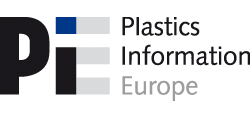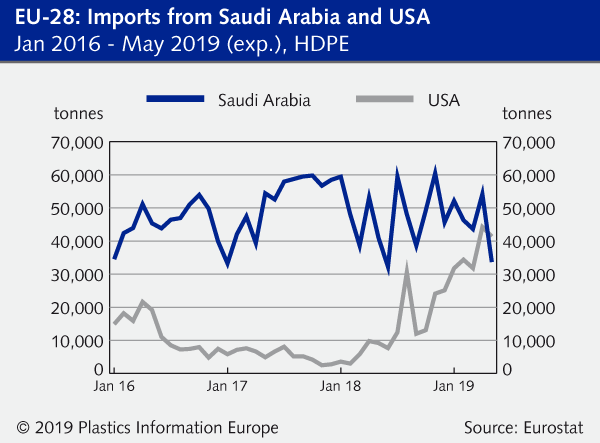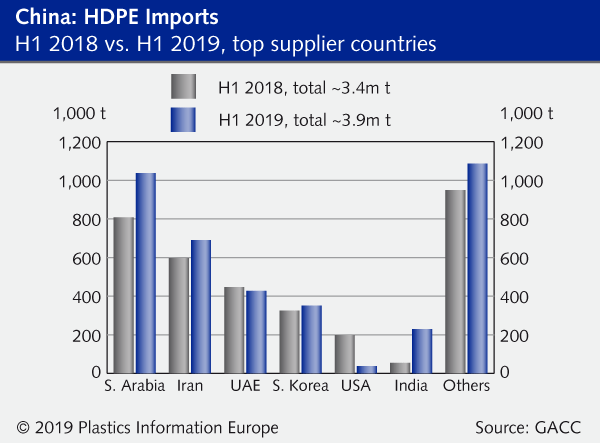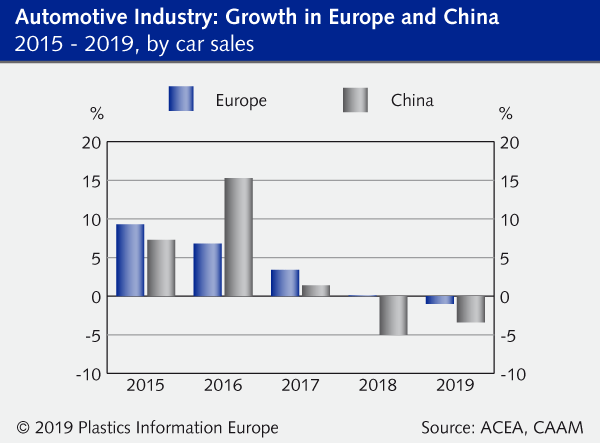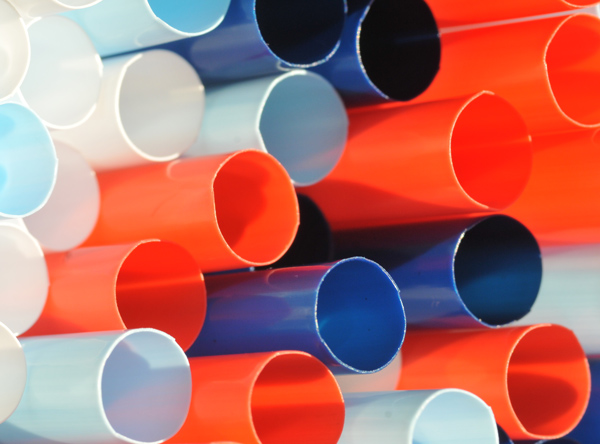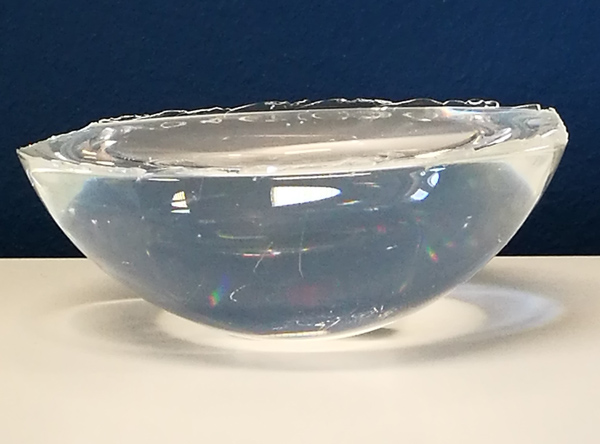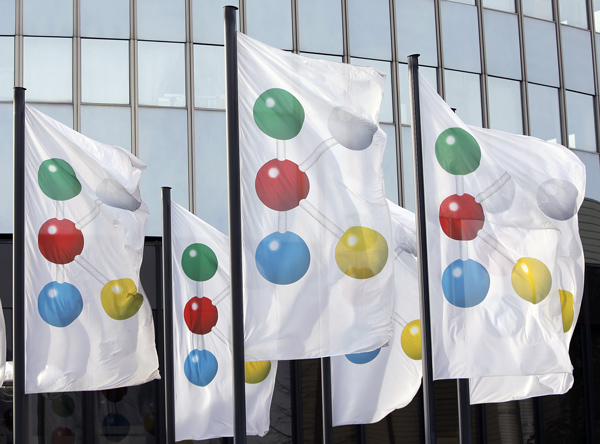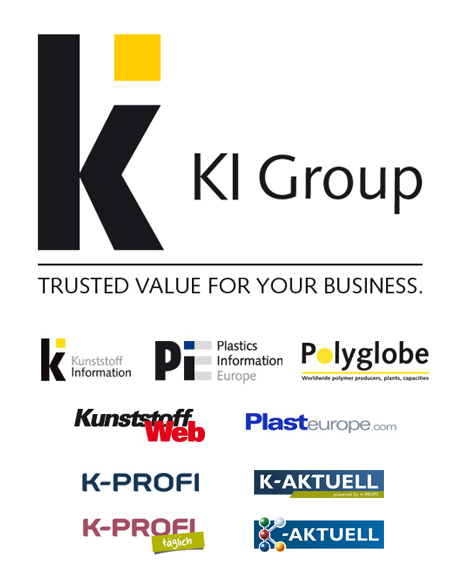In just a few weeks it will be time to grab a glass of something bubbly and reflect on the past 12 months. The year has given us more trade disputes across the Pacific, an excellent edition of the latest K plastics trade fair and some red numbers to contend with – especially for automotive suppliers. Public sentiment, represented by climate and nature conservation organisations, has been pressuring the global plastics industry and politics like never before.
As a result, legislation in Europe and the rest of the world seems to have been fast-tracked. This has left plastics processors asking where the EU-targeted amount of recycled material should be found exactly, and whether it all makes sense on an economic or environmental level.
